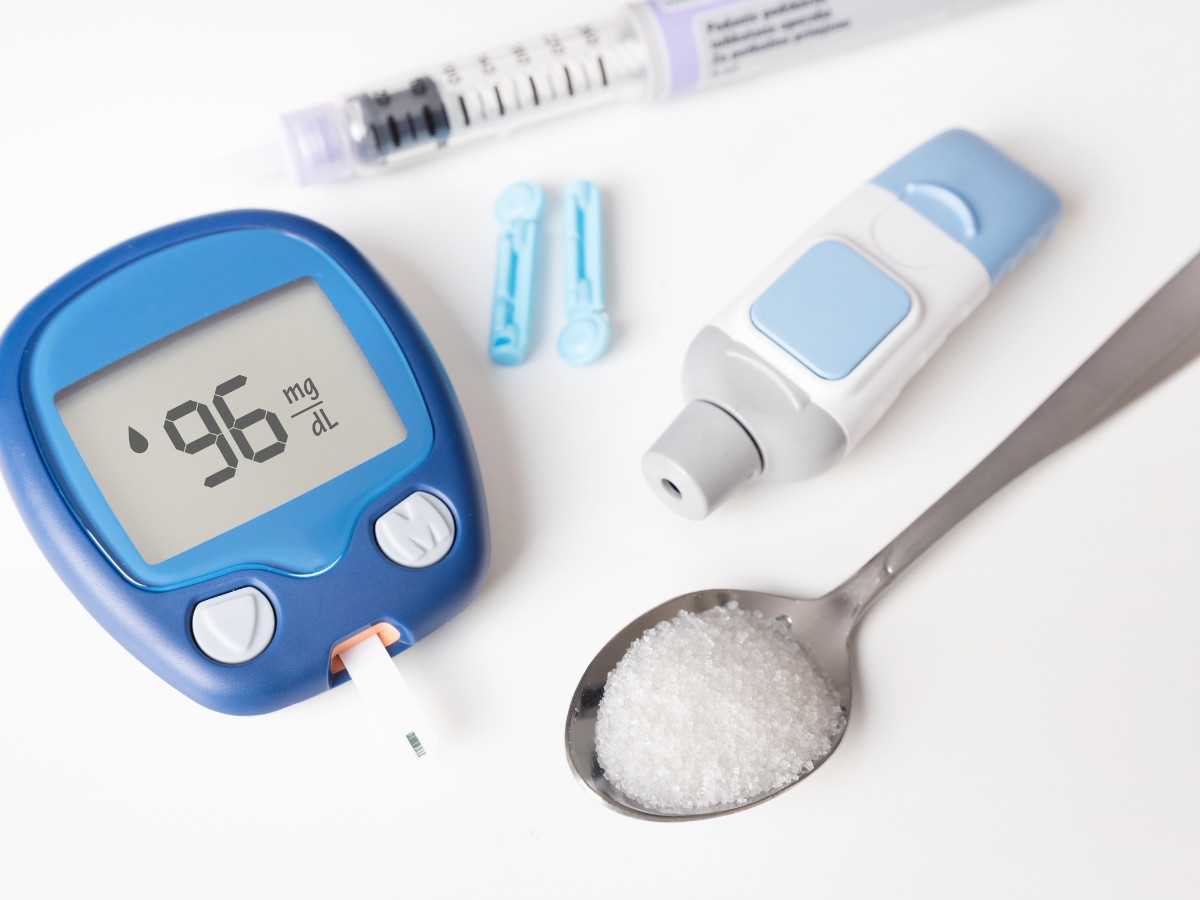Preventing Diabetes Complications: A Step-by-Step Guide
Diabetes doesn’t have to mean endless complications. Thanks
to modern medical advancements and lifestyle strategies, it’s entirely possible
to manage diabetes effectively and reduce your risk of serious problems. From
consistent blood sugar monitoring to balanced nutrition, each step you take can
make a meaningful difference in your overall health. Here’s a comprehensive
guide to staying on top of diabetes and preventing its common complications.
Understanding Blood Sugar Control
The cornerstone of diabetes management is blood sugar
regulation. Monitoring your glucose levels helps you detect patterns and make
timely adjustments in your diet or medication. Whether you use a glucometer or
a continuous glucose monitor (CGM), these tools offer immediate feedback that
can guide your daily decisions.
Healthy Eating Habits
Nutrition is pivotal in managing diabetes. Meal’s rich in
whole grains, lean proteins, fruits, and vegetables help stabilize blood
glucose levels. Limiting sugary beverages, refined carbs, and unhealthy fats
can prevent spikes in blood sugar and reduce strain on the pancreas. Small,
frequent meals also aid in maintaining steady energy levels throughout the day.
Routine Check-Ups and Monitoring
Regular medical visits for blood pressure checks, kidney
function tests, and eye exams are crucial. Many diabetes complications—such as
neuropathy, retinopathy, and kidney disease—evolve slowly and can be mitigated
if caught early. Working with a healthcare team ensures that any emerging
issues receive prompt attention.
Physical Activity and Weight Management
Engaging in moderate exercise, such as brisk walking or
light jogging, improves insulin sensitivity and assists in weight management.
Losing even a small percentage of body weight can significantly lower fasting
blood glucose levels and reduce the risk of cardiovascular complications, which
are more common in individuals with diabetes.
Managing Stress
Chronic stress elevates cortisol, which can spike blood
sugar levels. Incorporate mindfulness, meditation, or relaxation techniques
into your daily routine. Even a short walk in nature or a hobby that keeps your
mind engaged can help lower stress hormones and improve your blood glucose
management.
Medication and Support Systems
Some individuals may require oral medications or insulin
injections to keep blood sugar levels in check. Adhering to your medication
schedule is essential for preventing complications. Joining support groups or
engaging with community resources can also provide emotional encouragement and
practical tips.
Final Thought
Preventing diabetes complications is within your reach
through vigilant blood sugar control, healthy eating, regular check-ups, and an
active lifestyle. Small, consistent changes add up over time, helping you lead
a fulfilling life with minimal medical setbacks. Remember, early interventions
and routine care are your best defences against potential complications. Take
the first step today and consult a healthcare professional to tailor a plan
that fits your unique needs.
Sources
- American
Diabetes Association (ADA)
- International
Diabetes Federation (IDF)
- World
Health Organization (WHO)




Comments
Post a Comment